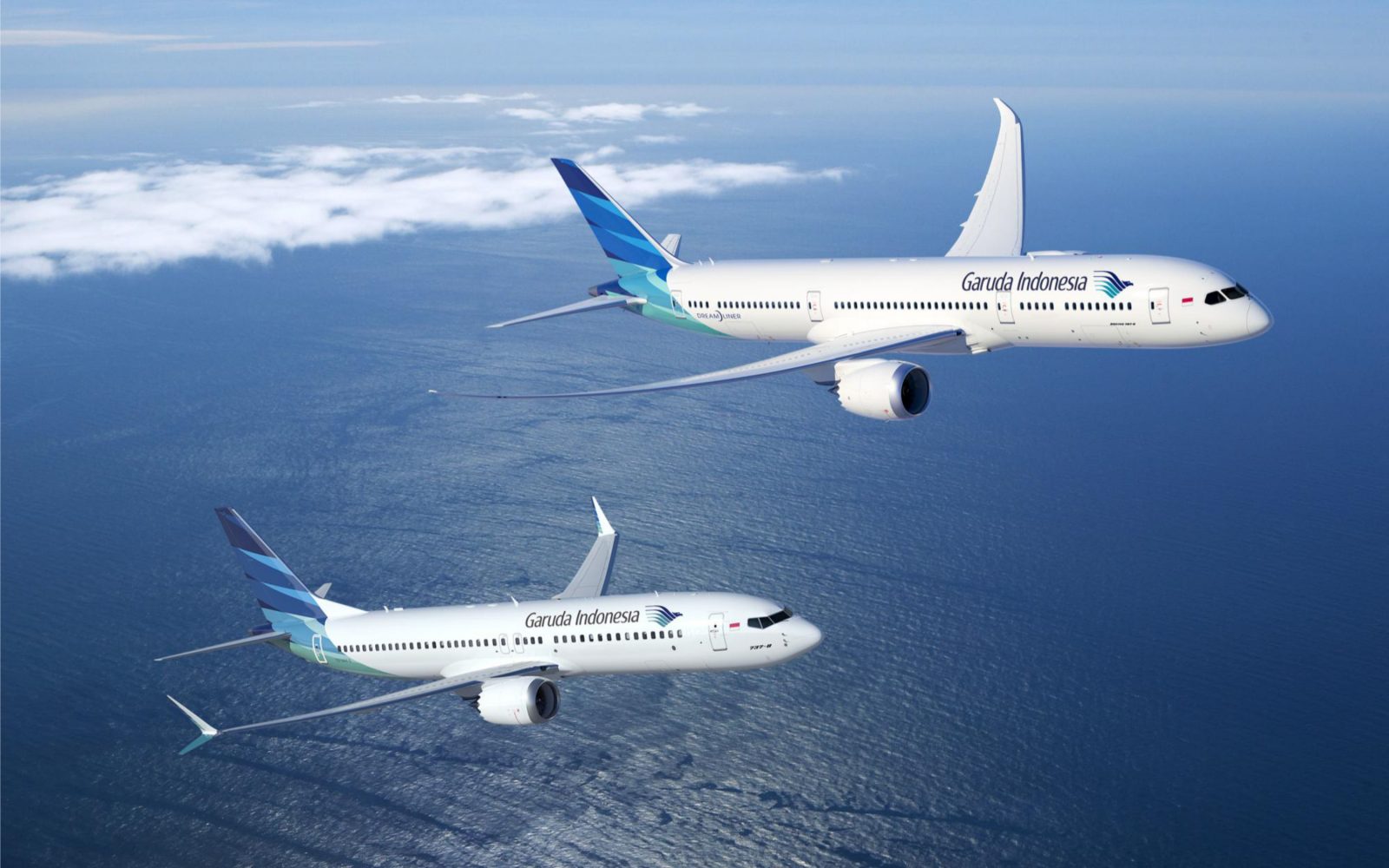
Garuda Indonesia has become the first airline to publicly mull ditching a multi-billion dollar order for the controversial Boeing 737 MAX aircraft. The airline placed the huge $4.9 billion order for up to 50 of Boeing’s best-selling 737 MAX 8 aircraft back in 2015 as part of a major fleet revitalisation plan.
The new planes were meant to herald in a “bright, efficient future for Garuda Indonesia” but instead, the airline’s chief executive now says many passengers are telling him they are too scared to fly on the 737 MAX.
The public response follows two deadly crashes of the plane in less than six months – the first involving a Lion Air operated 737 in October and then the March 10 crash of Ethiopian Airlines flight ET302 killed a total of 346 passengers and crew.
So does Garuda’s response, as well as that of Lion Air which is also said to be thinking of cancelling its own $22 billion order for Boeing 737 MAX jet’s, make them any safer as airlines than any other operator of the Boeing 737 MAX. After all, some airlines continued to fly the aircraft type after both crashes and U.S.-based airlines seemed remarkably resistant to grounding the jet even as the rest of the world did exactly that.
Well, a new study has actually found that struggling airlines are more inclined to spend much more on safety than more profitable carriers yet that doesn’t necessarily make them any safer. Garuda Indonesia, is perhaps, a great case in point. The financially struggling airline reported a loss of nearly $128 million in the first eight months of 2018 – in the same period of 2017, Garuda’s losses were even higher at over $207 million.
You would have thought that Garuda could ill afford to cancel a longstanding agreement with Boeing that will more than likely incur big fees should the airline actually go through with its threat. But a study published by the Harvard Business Review has found that less profitable airlines are much more likely to buy new aircraft in a bid to improve safety compared to their more profitable peers that have comparable safety ratings.
The report explains:
“Suppose that two airlines start with an equally high above-average safety but differing levels of profitability. If they both experience a same-size reduction in the safety rating, the low-profit airline would on average increase its aircraft sales by 55% as compared to the high-profit airline, which would only increase its aircraft sales by 29%.”
The Harvard Business Review thinks there’s a simple reason for this – profitable airlines can survive a scandal, whereas struggling airlines can ill afford a public backlash. Airlines like Garuda have to spend money on brand new aircraft in order to win public support.
But don’t be fooled into thinking that airlines that spend less on “safety” are less safe. In the context of this study, the researchers determined that buying new aircraft was the quickest and easiest way to improve airline safety – but that doesn’t say anything about the way an airline handles training and maintenance for example.
An airline could easily spend billions of dollars on brand new “safe” aircraft but if it fails to train its staff properly or maintain the plane to a good standard, it’s clearly going to be a complete waste of money and makes the airline no safer than a competitor who on the face of it spends less on safety.
Related
Mateusz Maszczynski honed his skills as an international flight attendant at the most prominent airline in the Middle East and has been flying ever since... most recently for a well known European airline. Matt is passionate about the aviation industry and has become an expert in passenger experience and human-centric stories. Always keeping an ear close to the ground, Matt's industry insights, analysis and news coverage is frequently relied upon by some of the biggest names in journalism.







